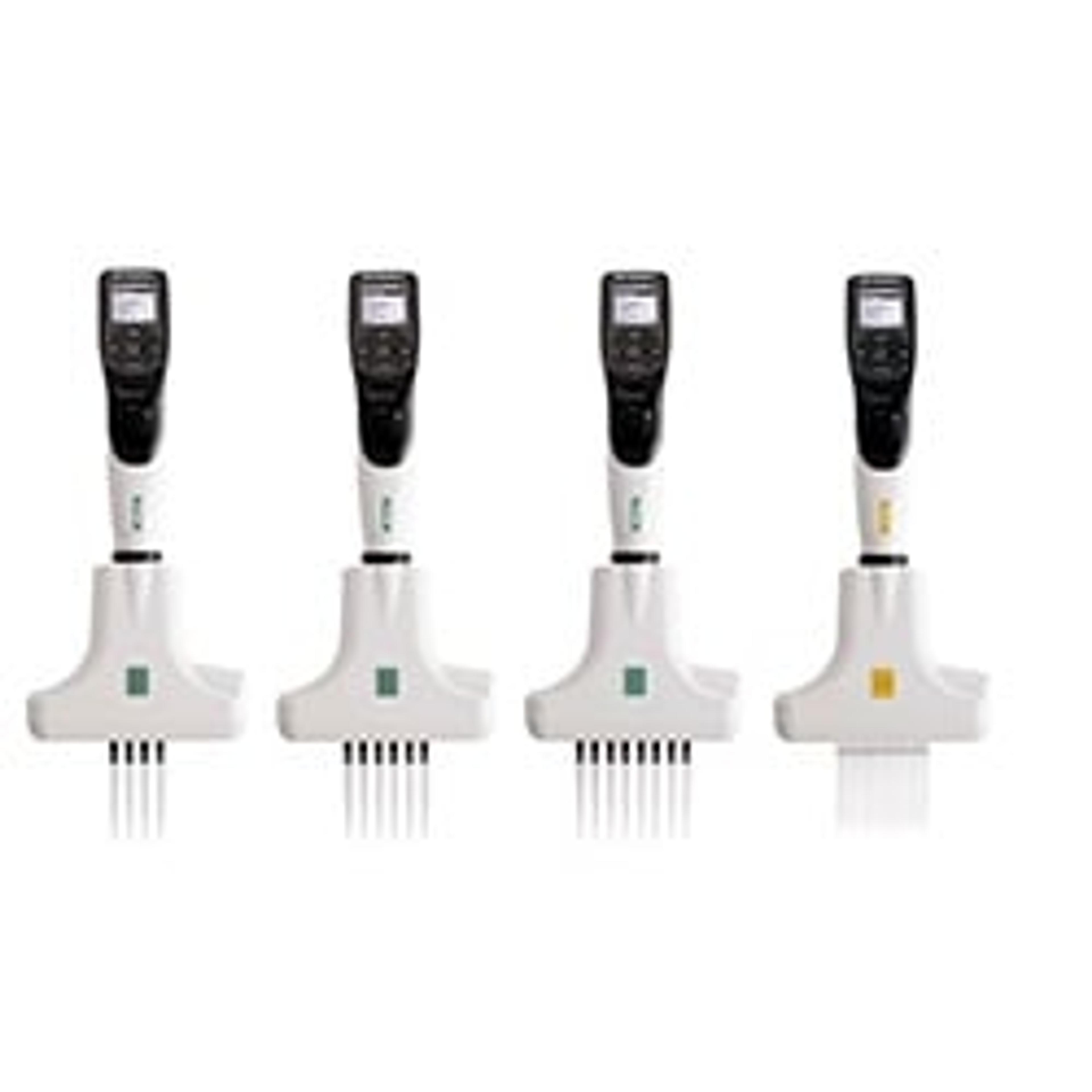How INTEGRA pipettes are helping to develop a COVID-19 rapid test
26 Mar 2021
Researchers in the University of Florida’s Department of Chemical Engineering are using INTEGRA’s VOYAGER pipettes to help streamline their workflow and improve pipetting accuracy.
Scientists in the Jain lab have developed a CRISPR-based rapid testing kit that can identify biomarkers associated with disease. Long Nguyen, Research Scientist and Lab Manager, explained: “This technology is essentially a nucleic acid biomarker detection system, and has huge scope in the medical field. Last year, we optimized this platform to detect prostate cancer, HIV and HCV, but when COVID-19 hit in March, we immediately realized that the system could be repurposed for COVID-19 testing to give people a result in under an hour.”
“For our work on prostate cancer and other pathogens, we only need a 96 well plate for our samples, but when we started working on the SARS-CoV-2 virus, we were preparing and testing thousands of reactions per day, and soon realized that we had to make the switch to 384 well plates. Initially, our only choice was to plan the experiment using alternating wells when transferring samples from 96 to 384 well plates with a fixed spacing multichannel pipette, which takes a huge amount of time. We wanted to speed the process up by using a pipette with automatic, adjustable tip spacing. The VOYAGER pipette fitted exactly what we were looking for and is really user-friendly; I played with the pipette for around ten minutes to get used to the touch wheel, but the default spacing settings work perfectly, so I didn't have to change anything. I can just click the wheel and tip spacing is automatically adjusted for me. Since having the VOYAGERs, we have been able to process double the number of samples a day!”
Want the latest science news straight to your inbox? Become a SelectScience member for free today>>

